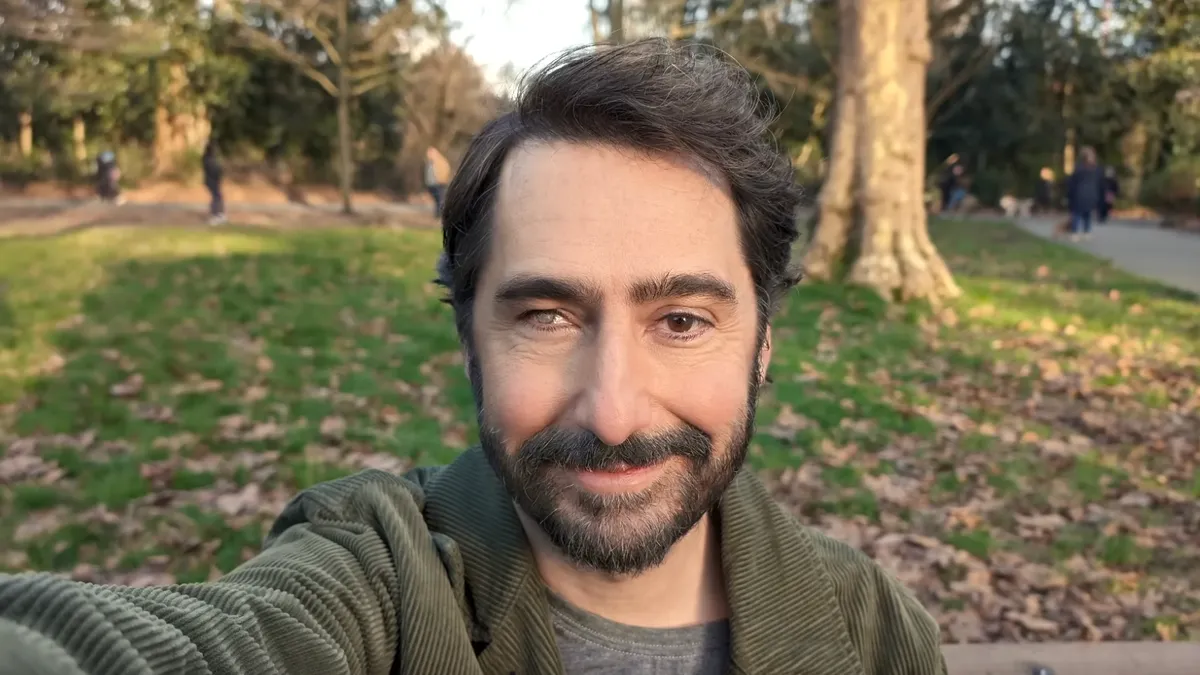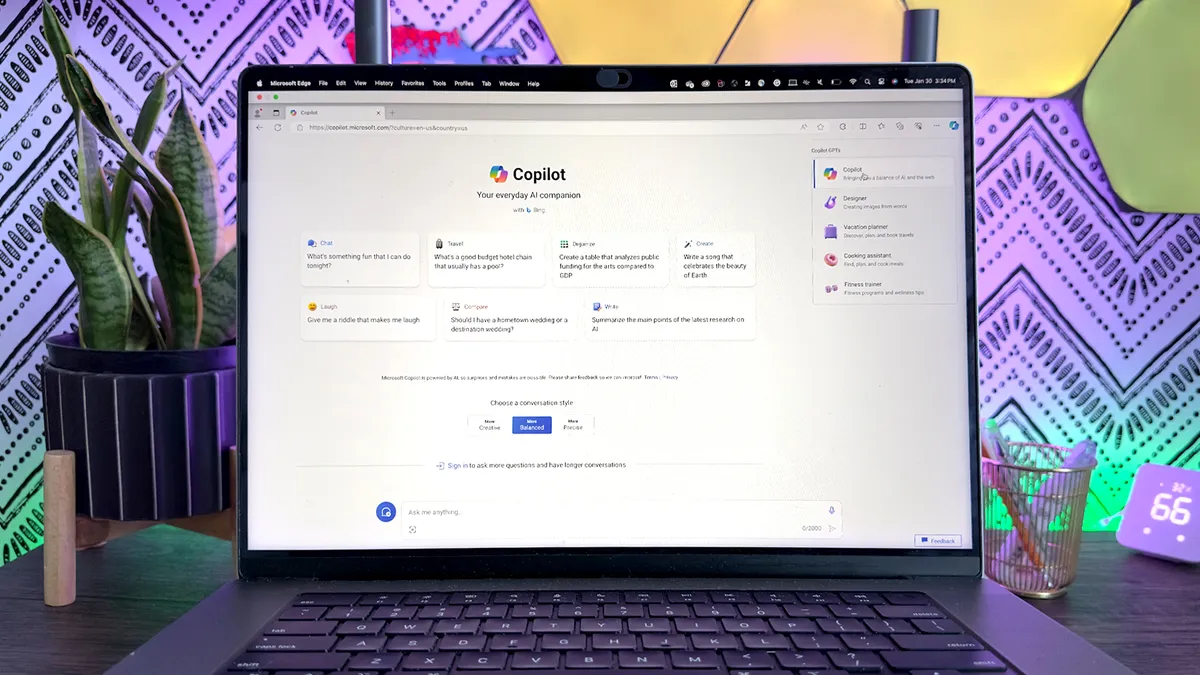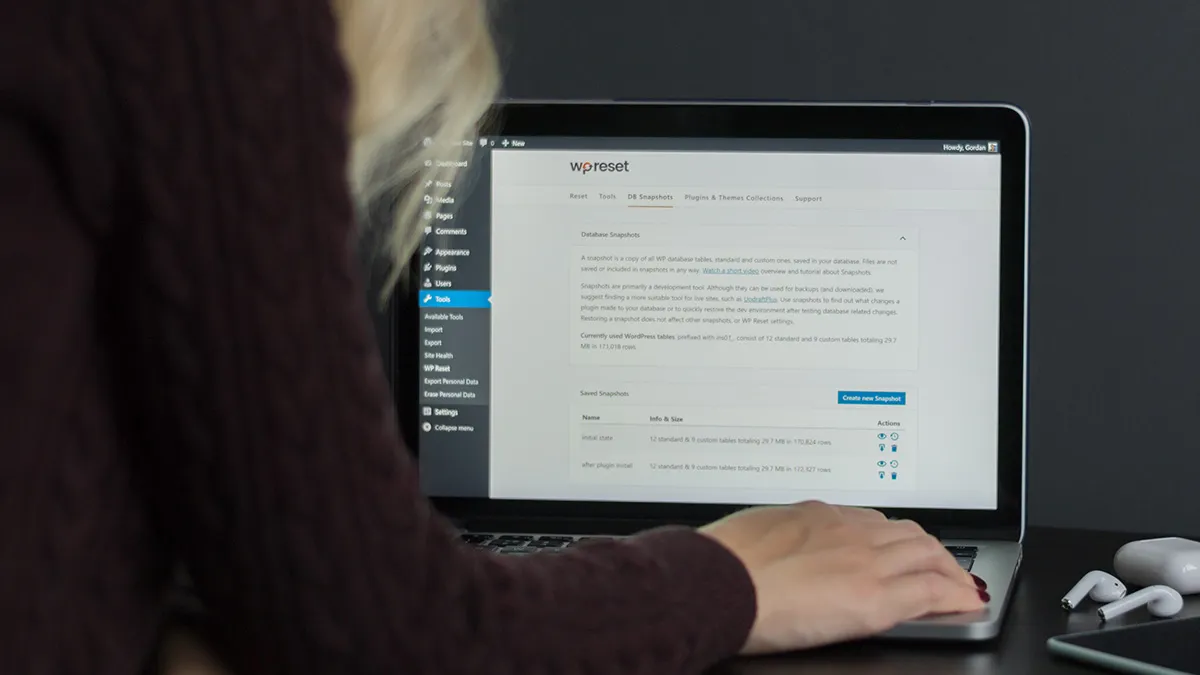Мета выступает против дипфейков и дезинформации на индийских выборах.
По мере того, как самая большая демократия в мире готовится к выборам, опасность дипфейков становится более очевидной, чем когда-либо ранее.
“`html
Meta is taking action against deepfakes and misinformation in India before the 2024 elections.
Tech giant Meta is gearing up for worldwide elections in 2024, with plans to “protect elections online” as global democracies prepare to cast their votes this year. With India being one of the world’s largest democracies, Meta is taking proactive measures to combat the epidemic of deepfakes and misinformation ahead of the spring elections.
In a recent announcement, Meta revealed a dedicated fact-checking helpline on WhatsApp for users in India. This helpline, launched in partnership with the Misinformation Combat Alliance (MCA), aims to address the issue of deepfake media, where content generated by artificial intelligence can be used to spread misinformation. Users will have the ability to flag deepfakes to a WhatsApp chatbot, available in English, Hindi, Tamil, and Telugu. The MCA, along with its Deepfakes Analysis Unit, consisting of independent fact-checkers, research organizations, and industry partners, will work together to identify and verify such content, thereby debunking and flagging misinformation.
The fact-checking helpline is set to become available to the public in March. With a staggering 535.8 million monthly active users on WhatsApp, India boasts the largest user base globally. The initiative by Meta aims to not only detect, prevent, and report misinformation but also draw attention and raise awareness about the escalating spread of deepfakes.
Shivnath Thukral, the director of public policy at Meta in India, recognizes the concerns surrounding AI-generated misinformation and believes that combatting this issue requires concrete and cooperative measures across the industry. Bharat Gupta, the president of the MCA, emphasizes the critical and timely intervention of the Deepfakes Analysis Unit (DAU) to curb AI-enabled disinformation among social media and internet users in India.
- 🕵️♂️ Северокорейские хакеры используют ChatGPT на LinkedIn
- Code Llama Тестирование языковой модели Facebook с открытым исходны...
- Крупные технологические компании обещают бороться с поддельным конт...
Interestingly, the threat of artificial intelligence to upcoming elections is being observed worldwide, and India is no exception. According to a study by George Washington University, there is a predicted near-daily frequency of “bad-actor AI activity” in 2024, which could potentially affect election results in more than 50 countries. These threats range from AI-generated videos posted on social media platforms to hackers influencing election outcomes, as highlighted by the international affairs think tank Chatham House.
Deepfakes have already infiltrated Indian politics, posing a significant threat to democracy, according to India’s information technology minister, Ashwini Vaishnaw. Although India currently lacks clear laws addressing or defining deepfakes, efforts are underway to draft rules that limit the spread of harmful content. A senior official from Prime Minister Narendra Modi’s party has warned that social media companies will be held accountable for any deepfakes circulating on their platforms.
Modi himself has acknowledged these concerns and has called upon global leaders to regulate AI as early as November 2023. However, critics argue that the power of technology and social media has been recognized by the politician, allowing him to connect with Indian voters, build a strong digital brand, and mobilize supporters.
Q&A: Answering Your Burning Questions
Q: What are deepfakes, and why are they a concern in elections? A: Deepfakes refer to media, most commonly videos, that have been manipulated or synthesized using artificial intelligence to portray false information or create misleading narratives. In the context of elections, deepfakes can be used to spread disinformation, manipulate public opinion, and deceive voters. They pose a significant threat to the democratic process by undermining trust and distorting reality.
Q: How do deepfake detection and fact-checking helplines work? A: Deepfake detection involves using advanced algorithms and techniques to analyze media content and identify signs of manipulation or artificial generation. Fact-checking helplines, like the one launched by Meta, enable users to report suspicious content, such as potential deepfakes, to a dedicated chatbot. The reported content is then examined by experts, including independent fact-checkers and research organizations, who verify its authenticity and provide accurate information.
Q: What measures do social media platforms take to combat deepfakes? A: Social media platforms implement various measures to combat deepfakes, including content moderation policies, fact-checking partnerships, and AI-powered detection algorithms. They rely on user reports and automated systems to identify and flag potentially problematic content. However, the battle against deepfakes is an ongoing and evolving challenge, requiring continuous advancements in technology and collaboration with experts in the field.
“““html
Влияние и перспективы будущего
Борьба с глубокими фейками и дезинформацией является ключевым аспектом обеспечения целостности выборов по всему миру. Превентивные меры, принятые Meta и Альянсом по борьбе с дезинформацией в Индии, показывают увеличивающееся признание этих вызовов и необходимость отраслевого сотрудничества для борьбы с дезинформацией, генерируемой искусственным интеллектом.
Поскольку технологии на основе искусственного интеллекта продолжают быстро развиваться, жизненно важно, чтобы правительства, технологические компании и пользователи оставались бдительными и адаптировали свои стратегии соответственно. Усилия в Индии по разработке правил, касающихся распространения вредного контента и несения ответственности социальных медиа-компаниями, служат примером для других стран, борющихся с теми же проблемами.
В будущем продвижения в области алгоритмов обнаружения идентификации глубоких фейков будут играть значительную роль в смягчении влияния глубоких фейков на выборы. Параллельно с технологическими достижениями общественное осведомленность и медиа-грамотность также будут важными факторами в доверии людей к идентификации и критическому оцениванию потенциальных глубоких фейков.
Активно решая вызовы, которые ставят перед нами глубокие фейки, общества могут работать над сохранением целостности демократического процесса и обеспечением, чтобы выборы были свободны от манипуляций и дезинформации.
Ссылки
- Умные очки Meta с искусственным интеллектом: впечатляющие и тревожные
- 9 лучших тарифных планов для сотовых телефонов на 2024 год
- Планы OpenAI по борьбе с дезинформацией на выборах
- Быстрое возмездие: фанаты наносят ответный удар на явные глубокие фейки
- Новое исследование Массачусетского технологического института CSAIL предлагает, что искусственный интеллект может забирать рабочие места
- Обзор HP Smart Tank 7602: быстрая и экономичная печать
- Новые правила OpenAI на выборах уже проходят испытание
- Глубокие фейки: угроза демократии
Вам понравилась статья? Поделитесь ею в социальных сетях, чтобы повысить осведомленность и побудить других быть информированными о глубоких фейках и дезинформации на выборах. 🌐📢
“`






